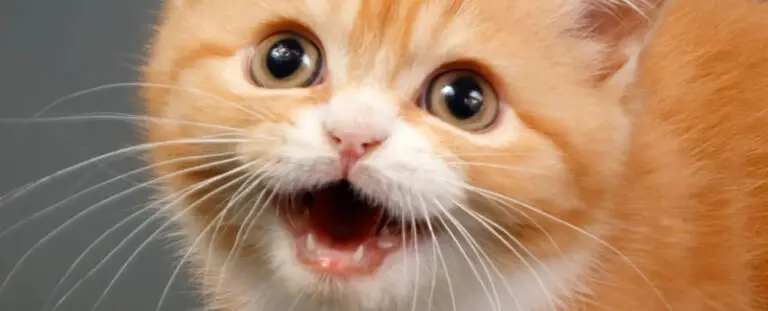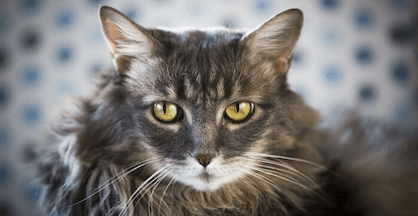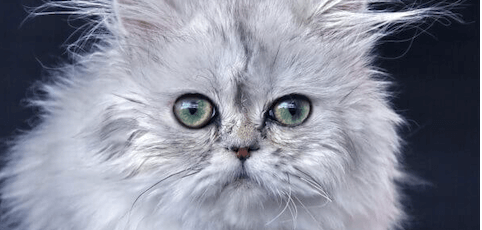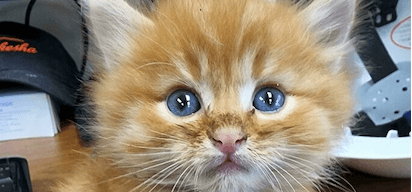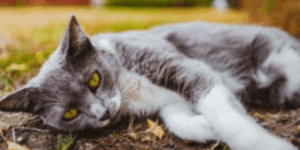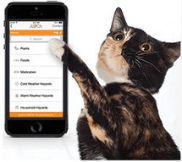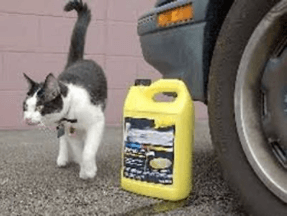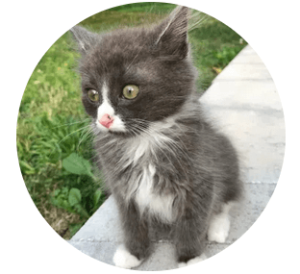Cat News Headlines !!
The World’s Most Popular Cat News / Cat Health / Cat Behavior Website!
CatNewsHeadlines is read Worldwide! Click on a flag to Translate the Language!
Menu
Menu
Menu
Menu
Menu
Cat News Headlines !!
The World’s Most Popular Cat News / Cat Health / Cat Behavior Website!
Menu


Think This Site Is The Cat’s Meow?
Tell All Your Cat-Friends About It!

Welcome to CatNewsHeadlines.com
CatNewsHeadlines.com

Menu
Your Place For Everything Cat!
Cat Lovers! –
The fact is, this website is too big to view on a phone.
It’s 65 pages of cat-stuff, and things below will be distorted.
Run to your nearest desktop, laptop or tablet for best viewing.
– Thanks!
Think This Site Is The Cat’s Meow?
Tell All Your Cat-Friends About It!


